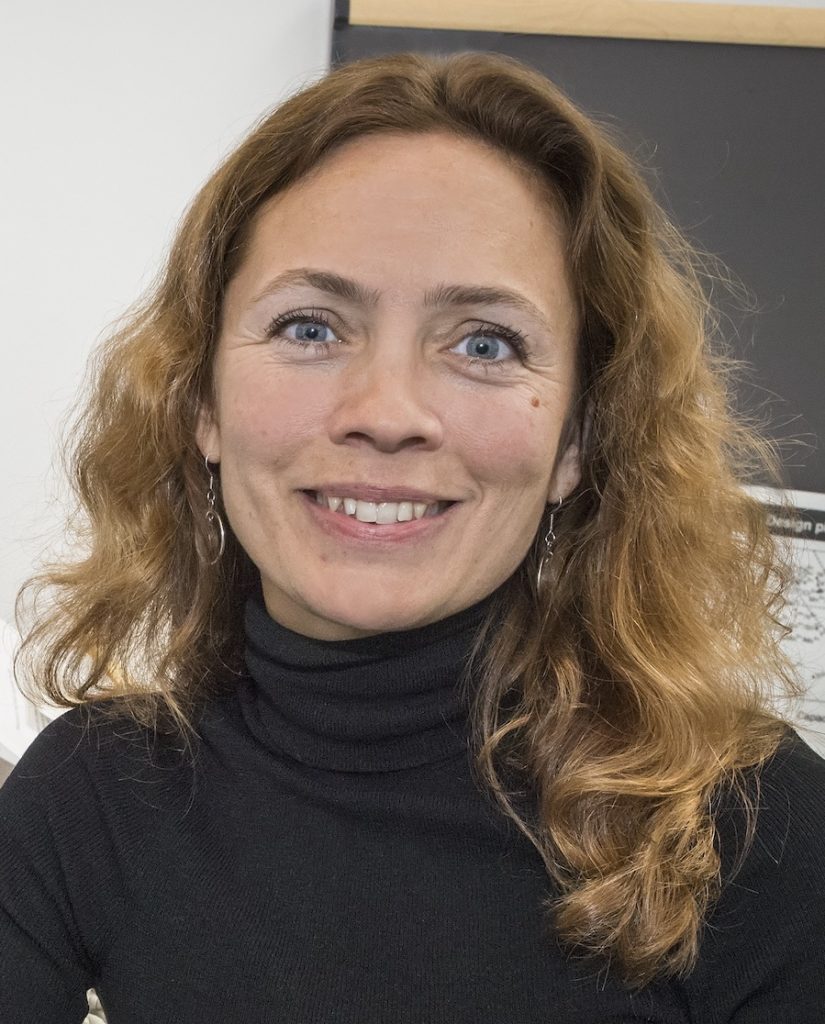
Dear Foundry Community,
It was great to ‘see’ so many of you at this year’s virtual Annual User Meeting (AUM). I’d like to thank the Molecular Foundry’s User Executive Committee (UEC), and in particular its chair, Sarbajit Banerjee, as well as the rest of the organizing committee and the User Program Office team for putting together such an engaging agenda. As we continue to try to navigate the changing pandemic landscape, connecting with one another remains an important aspect of bolstering our community. Despite the ongoing challenges to doing science, the AUM made it clear that Foundry staff and users are still finding ways to work together to produce a diversity of quality research, and I look forward to seeing what new ideas and collaborations come about. For those of you who might have missed the AUM, summaries can be found on the Foundry’s website.
One of the topics of discussion at the AUM town hall was the return to onsite work at the Foundry. Berkeley Lab has updated protocols for working onsite (more information is available on the Berkeley Lab COVID website) and the Foundry has updated its policies accordingly. Notably, while it is still a requirement to pre-arrange daily access to the Foundry, access slots now cover a 24-hour period of time, which we hope will allow users a more normal experience that better accommodates their research needs. Travel to the Foundry still requires authorization and we understand that many of our users may be in situations that prevent them from returning to work at the Foundry. We’ve worked hard to enhance our remote work capabilities and I would encourage you to learn more about what you can do at the Foundry from your home institution. Users who need additional extension of their accepted proposal due to pandemic impacts should contact our User Program Office.
Our fall proposal call is just around the corner – opening tomorrow with a deadline of September 30. As we shared at the AUM, there are a number of new capabilities now available to our users, as well as some exciting opportunities on the horizon. Notably, the newest members of our scientific staff, Carolin Sutter-Fella, Archana Raja, and Ricardo Ruiz, have been adding to the Foundry’s physical and digital research infrastructure, as well as our breadth of expertise. Looking to the future, in exciting news, the Foundry was recently awarded funding by the DOE Office of Science for two new projects that will develop infrastructure and capabilities to support advances in Quantum Information Science (QIS) – one focused on expanding the nanofabrication cluster tool developed in the previous QIS proposal call that is set to arrive next spring and another set to develop a new ultrafast THz STM. We are also still actively engaged in the NSRC Recapitalization Project. The process is moving along in preparation for CD2/3 review this fall and Berkeley Lab has shown particularly strong support as we prepare for the receipt and installation of these critical pieces of equipment in the coming years. The Foundry has also been working on an update to our strategic plan, which reflects our strengths and our vision for taking advantage of opportunities and tackling some of the biggest challenges facing the scientific community and world at large. We will be sharing a draft of this plan for public comment very soon and I would invite you to provide feedback so that it best reflects the interests and needs of our user community.
As we continue moving towards a post-COVID future, the Foundry is planning for new models of onsite work. Many of the innovations and additions that have enabled remote or distanced access that I mentioned before are going to be integrated into standard operations. We are also adding additional capabilities, like upgrading the conference rooms to better accommodate hybrid meetings, to prepare for a paradigm that embraces flexible work arrangements. While much of our work as a user facility requires an onsite presence, we expect that the future will include remote work for many in our community. In anticipation of this likely new mode of work, a working group consisting of members of the Foundry’s Inclusion, Diversity, Equity & Accountability (IDEA) committee and our Career Development Committee developed a set of common values for us as a community to use in communicating our needs and supporting one another for balancing work with the other demands on our lives. This Community Agreement on Work-Life Balance is meant to raise awareness, create an inclusive environment, and reflect our shared expectations and values as we continue to work together. It is not intended to be a policy or code of conduct, but rather, the start of an important conversation.
Finally, as part of the Foundry Community, you are already aware of how the Molecular Foundry works and the impact it can have, but there are many in the broader scientific community who could benefit from collaborating with the Foundry but don’t know about or understand us. To help spread the word and explain what we offer, we created this explainer video, complemented by new infographics and orientation videos. I encourage you to share this widely with your friends and colleagues.
Best regards,
Kristin

